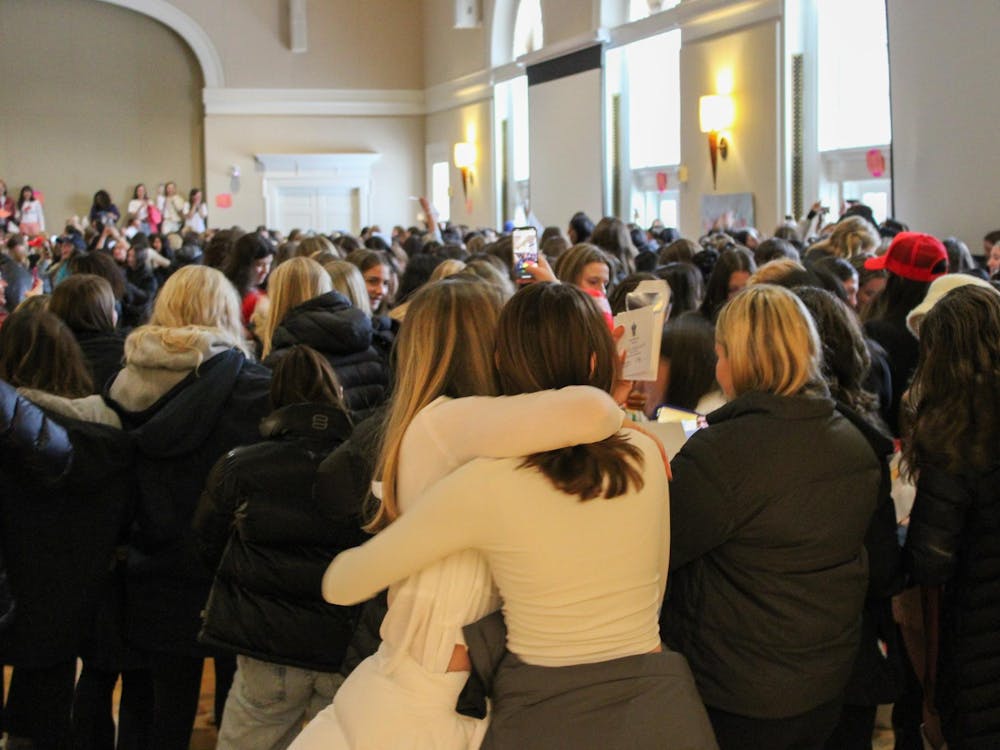Most students are currently immersed in the emotional aftermath of Valentine's Day and sloshing around Grounds in parkas and rain boots. But this time of year also has significant anniversaries recognizing the birth of an abolitionist, a modern British invasion and our nationally mandated right to party.
Frederick Douglass, advocate for universal freedom and one of the most revered black leaders in American history, was born Feb. 17, 1818. After being born into and escaping slavery, a few of Douglass' many accomplishments include his work with abolitionists all over the country, his autobiography "Narrative of the Life of Frederick Douglass, an American Slave," and his position as president of the Freedmen's Savings Bank.
"With it being Black History Month, he is definitely a central figure to recognize in African-American history," second-year College student Martrice Gandy said. "He's not just a black historical figure, but an American historical figure as well. With the fact of him being articulate at the time, it shows the importance of education in society. With this being a university that has only recently accepted black people in its history, it is important that African-Americans are looked at as articulate people, not just articulate African-Americans."
One of George Gershwin's most beloved works, "Rhapsody in Blue," debuted in New York City 83 years ago. With its universally distinguishable opening clarinet wail and recognizable theme, the piece is still incredibly popular and unsurpassed to this day.
Feb. 11, 1964, the United States was turned upside down when a foursome of shaggy-haired youths performed here in concert for the first time. Bringing their provocative style of rock and roll all the way from England, the Beatles opened their first U.S. tour at the Washington Coliseum in Washington, D.C. Thus began a long career filled with platinum records, international recognition and, of course, mobs of screaming, fanatical girls.
"I think it paved the way for European bands," said second-year College student Phillip Cooper. "Nowadays it's common for Americans to listen to bands from England and Europe in general. It definitely wasn't so much back then."
College students everywhere can rejoice in the 74th anniversary of the Blaine Act, a Senate provision that repealed the 18th Amendment calling for Prohibition. Later introduced as the 21st Amendment, the consumption and distribution of alcohol was once again legal.
College students "definitely did drink back then," second-year College student Andrea Gomperts said. "People underage drink illegally now, and they definitely did it here before."





